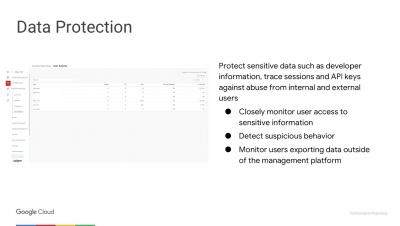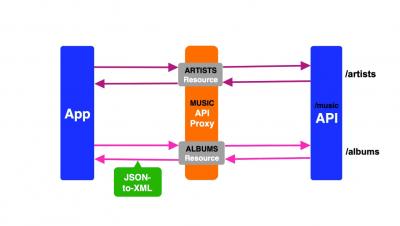CCPA will be live in less than 3 months. Do you have a plan?
In January, I’ll start a new game: ask a company to retrieve all the information they have about me in less than 45 days. One of the requirements of CCPA, is to be able to reply to a customer request to have access to all the data you have about them in less than 45 days. These are called the Verifiable Customer Requests. You may be able to complete 10, 20 replies. But what if you received 10 every day? What does it take to keep your customers happy and being compliant?










